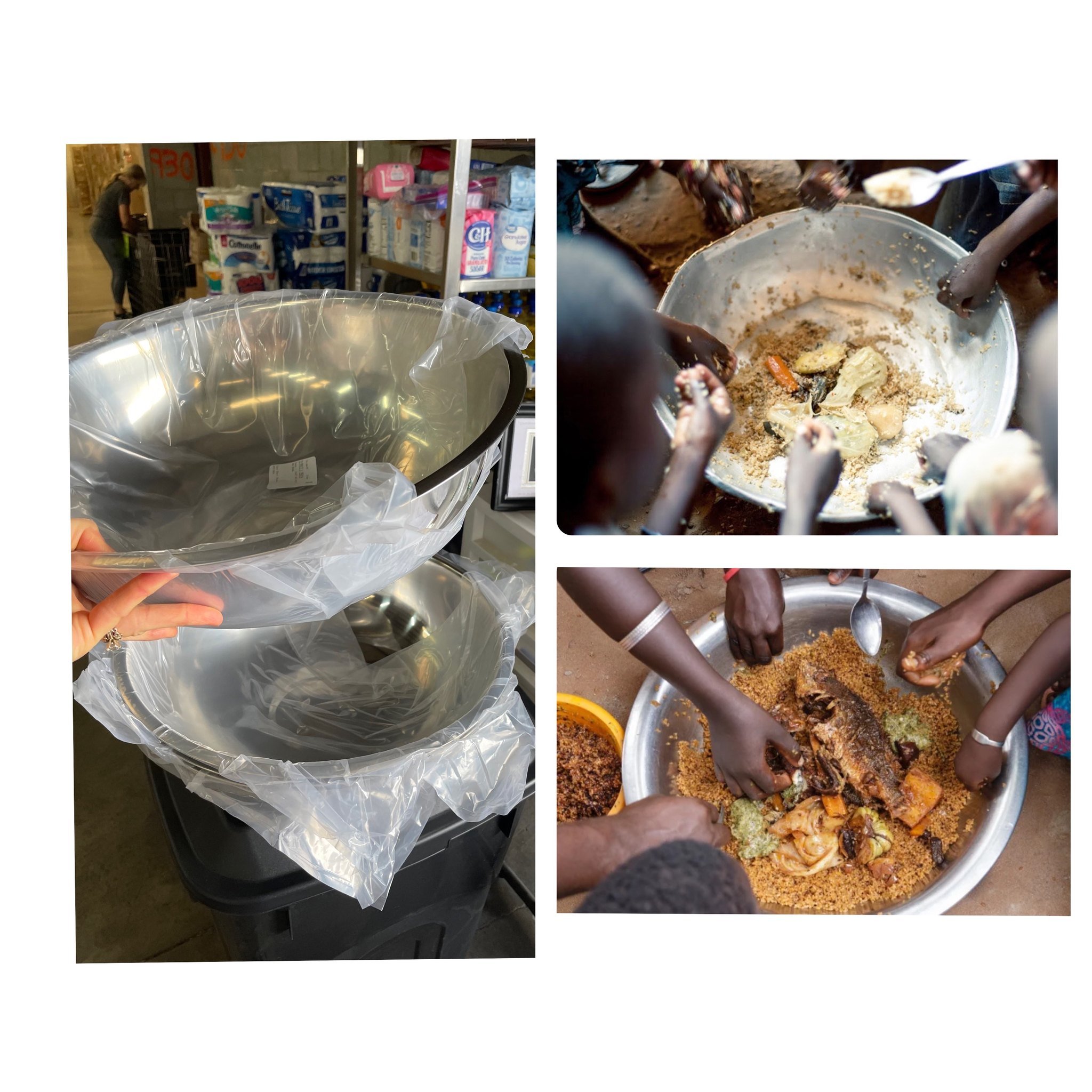by Brigid Rowlings, LHI Communications Director
LHI’s team of volunteers adds small but important touches, like handmade quilts and toys, to the apartments the Welcome Program sets up for refugees resettling in Utah.
In 2021, tens of thousands of vulnerable Afghans including those who’d worked alongside US personnel as translators and interpreters were evacuated from Kabul after the Taliban regained control of the country. Utah offered to welcome Afghan refugees through the federal resettlement program. Soon, hundreds of Afghans arrived. The two official refugee resettlement agencies in Utah, the International Rescue Committee (IRC) and Catholic Community Services (CCS), were tasked with managing each individual and family’s case. The LHI Utah team reached out to the IRC and asked how LHI could help.
The team quickly learned that:
The U.S. Refugee Admissions Program provides a small stipend for each resettled refugee to help with rent, food, clothing, household items, and case management services (as of today, November 3, 2023, that amount is $2,425).
There is a list of items that the Refugee Admissions Program requires resettlement agencies like the IRC to provide in the homes they set up for refugees.
If the items on the list are not donated, the resettlement agency has to buy them out of the small stipend, leaving little left for other needs and necessities.
The Utah team knew just how they could help! We immediately began collecting items on the list and assembling teams of volunteers to set up warm, welcoming homes for resettled families. In 2022, we set-up 255 apartments, benefiting 1,020 refugees.
Each of these bins represents an apartment the LHI Welcome Program is preparing to set up for a newly-arrived family. The Welcome Program team makes sure that all items a family needs is there waiting for them.
When the surge of evacuated Afghan families slowed, LHI decided to continue helping arriving refugee families arriving as a permanent, core part of our strategy to help refugees in Utah. Today, our team works with the IRC, CCS, and now Cache Refugee and Immigrant Connection (CRIC) to make sure that everything a family needs, including 2 weeks worth of groceries, is on hand. Our volunteers make beds, often with handmade quilts and blankets, and leave items like stuffed animals and school supplies to make the family’s home as comfortable and homey as possible. Often it is a stark difference to the refugee camps they had been living in.
The LHI Welcome Program team works hard to provide families with items like these large bowls that provide a sense of familiarity as they adjust to living in a new place where so much is unfamiliar. These bowls help families from some countries prepare food and eat in a familiar way.
Coming home to an apartment that has been set up with such care can provide a sense of comfort for refugees just arriving in the United States. Anyone who qualifies for resettlement as a refugee has been through a lot. To qualify for resettlement, people must prove that they experienced persecution in their home countries. Often, the United States is the last stop on a long journey that may have included traveling in dangerous conditions and spending time in refugee camps. Although resettlement in the United States offers the promise of permanence and safety, arriving in a new country can feel overwhelming and confusing. Having a warm, inviting place to call home makes things a little easier.
If you are interested in helping LHI’s Welcome Program, there are many opportunities!
Volunteer! We have two main tasks people interested in volunteering for the Welcome Program generally do: pulling items from our warehouse stock for a set up and going to the apartment to set it up. To find out more about volunteering, please contact anne@lhi.org.
Donate items. Resettlement agencies are required to furnish all apartments with specific items before families arrive. If those items are not donated, then resettlement agencies must purchase them out of the already small stipend families receive to get them started. When you donate any of the items on our needs list, there is more money available for families to meet their basic needs. You can order directly from our Amazon wish list, or drop off donations at one of several locations throughout the Salt Lake area. To find one near you, contact traci@lhi.org.
Donate gift cards. Gift cards to places like grocery stores, Walmart, and Amazon are always helpful! We often rely on gift cards to purchase items that we don’t have on hand in the warehouse, but that are required to be in an apartment. Gift cards can be mailed to Lifting Hands International, 920 E State Rd, Suite H, American Fork, UT 84003 or send e-gift cards to traci@lhi.org.



